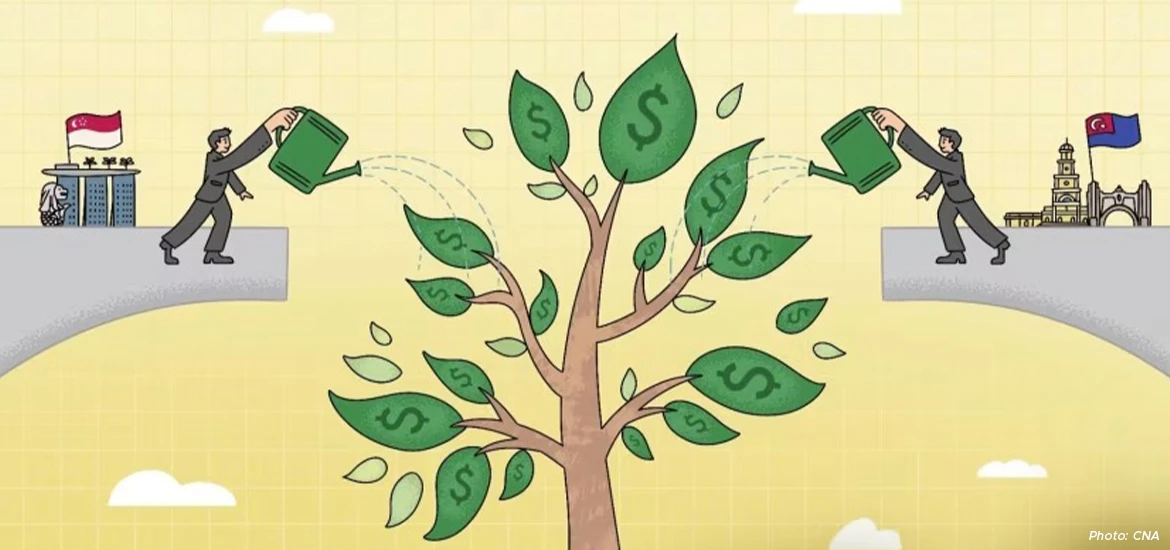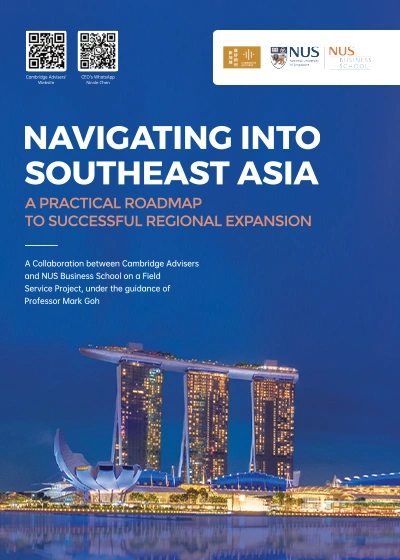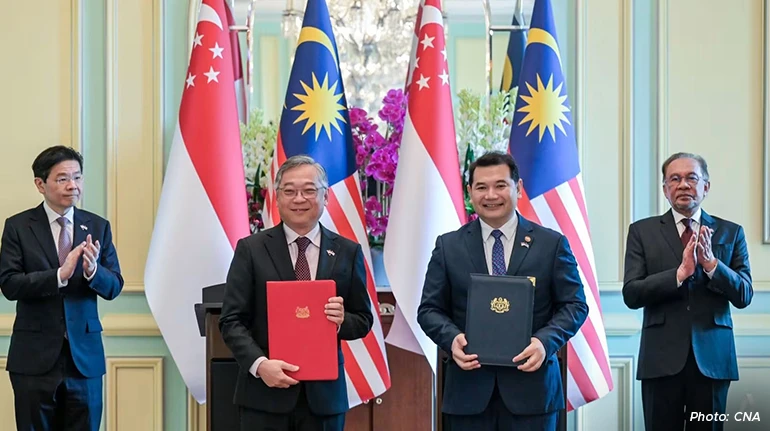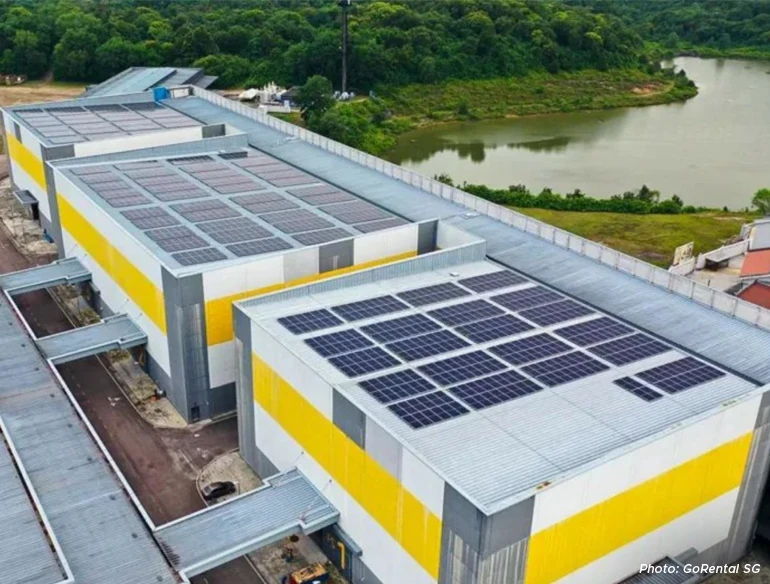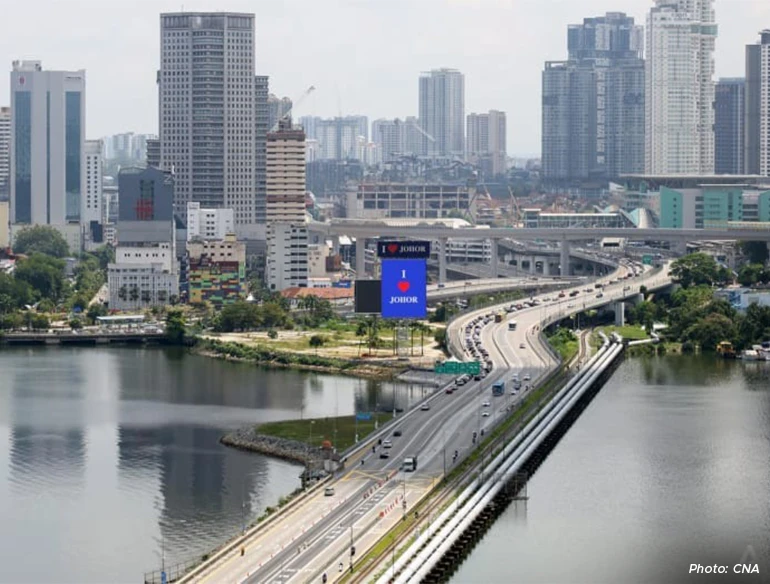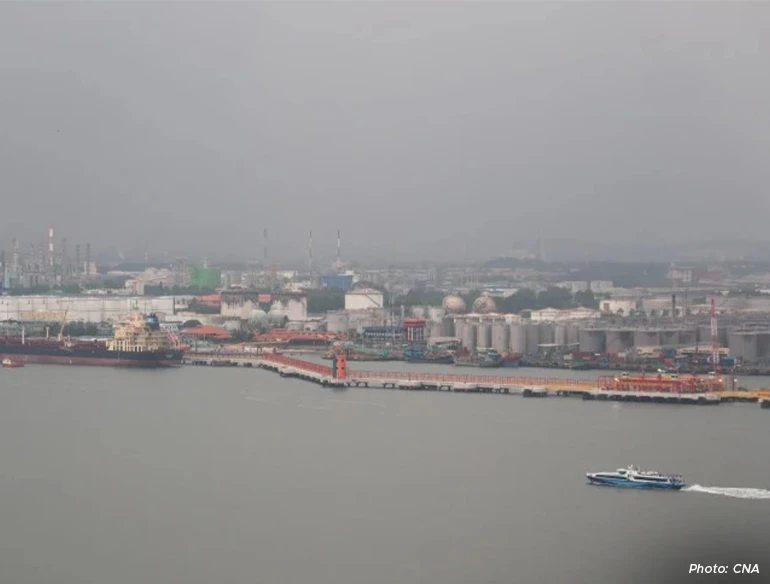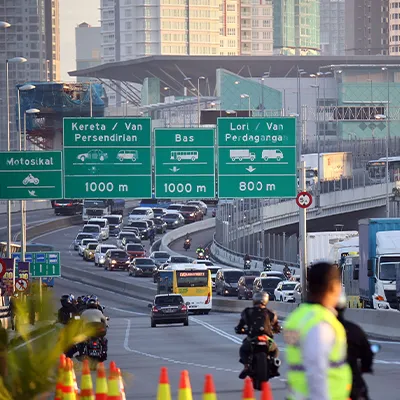Indeed, Mr Sia, the managing director of Applied Total Control Treatment, said it is for this reason that manufacturers such as his firm have benefitted from the Trump administration’s antagonistic relationship with China.
“Before Trump took office in 2016, many of our potential customers would not entertain any quotations from us because Singapore’s prices would not be competitive. Prices in China are a lot lower than what we are able to offer,” he divulged.
“After Trump was re-elected in 2024, supply chains are expediting their restructuring activities, so people are looking to move away from China completely. This is an opportunity for us and that’s why we’re looking to expand our manufacturing plant in Malaysia.”
Mr Chua said that the JS-SEZ stands apart from past initiatives such as Iskandar Malaysia by being a “truly bilateral effort”, a view echoed by trade associations from both countries.
Mr Tan from SMF believes that both governments are “putting in a lot more resources and conviction” this time, while Mr Soh from FMM said that the groundwork laid by both countries “reflects strong political will and sets a positive trajectory” for the economic zone's long-term success.
Furthermore, the zone builds on an already strong foundation of economic ties between Johor and Singapore, particularly in sectors such as electronics, logistics, and precision engineering, Mr Soh said.
This optimism extends to those in the services and consumer sectors as well.Malaysian food-and-beverage (F&B) entrepreneur Ewearn Tan took the plunge in February by renting two stalls at a food court in R&F Mall, just several minutes from the border, because she noticed gradually increasing footfall there.
Singapore retail outfit Perky Lash also expanded its operations overseas for the first time to the JB City Centre in March last year. Like Ms Tan, its founder Jasmin Tay said she is hopeful that overall spending in the area would increase as investments pour into Johor.
Then there is the royalty factor as well. Businesses noted that it is advantageous that Johor ruler Sultan Ibrahim Sultan Iskandar, who is also Malaysia’s king, is supportive of the special economic zone, too.
Crucial next steps needed
However, for all the optimism and interest that the JS-SEZ have garnered, businesses said the zone must do more to address on-the-ground needs, especially if it is to succeed beyond the initial buzz.
Managing director Steven Chiang from Alpine Renewables and Edible Oils said an express lane for business stakeholders and workers in the economic zone is at the top of his wishlist, because it would go a long way in avoiding lengthy delays at immigration checkpoints.
An executive from Singapore-based nuts and bolts manufacturer Chin Yuan Metal, which has operations in Johor, agreed, adding that execution must match intent for the economic zone.
“There is a need to further expedite customs clearance for both goods and people,” its operations director Nathaniel Lin said. “Critical for our competitiveness is obtaining timely approvals for import tariff exemptions.”
Beyond mobility, the issue of incentives looms large.
Mr Peh of GoRental noted that Enterprise Singapore has a Market Readiness Assistance grant to help companies expand into new markets overseas that is capped at S$100,000, but he wishes to see more incentives soon for Singaporean businesses to move into the economic zone.
Other businesses pointed to structural challenges such as labour quotas.
Mr Sky Chong, managing director of precision machining firm New Way Synergies, spoke of the difficulty of adhering to the resident-to-foreigner hiring ratios in Singapore and Malaysia.
Special passes or hiring flexibilities, he argued, would help fast-growing cross-border firms scale up more sustainably.
Manufacturing players also highlighted the infrastructure and policy risks.
Mr Sia from Applied Total Control Treatment said that he had experienced electricity and water outages at least once or twice a year in his manufacturing plant in Penang – a situation he hopes will not be repeated in Johor.
On that front, he believes that steps to prevent such outages, which can be costly for businesses such as his, will be taken.
